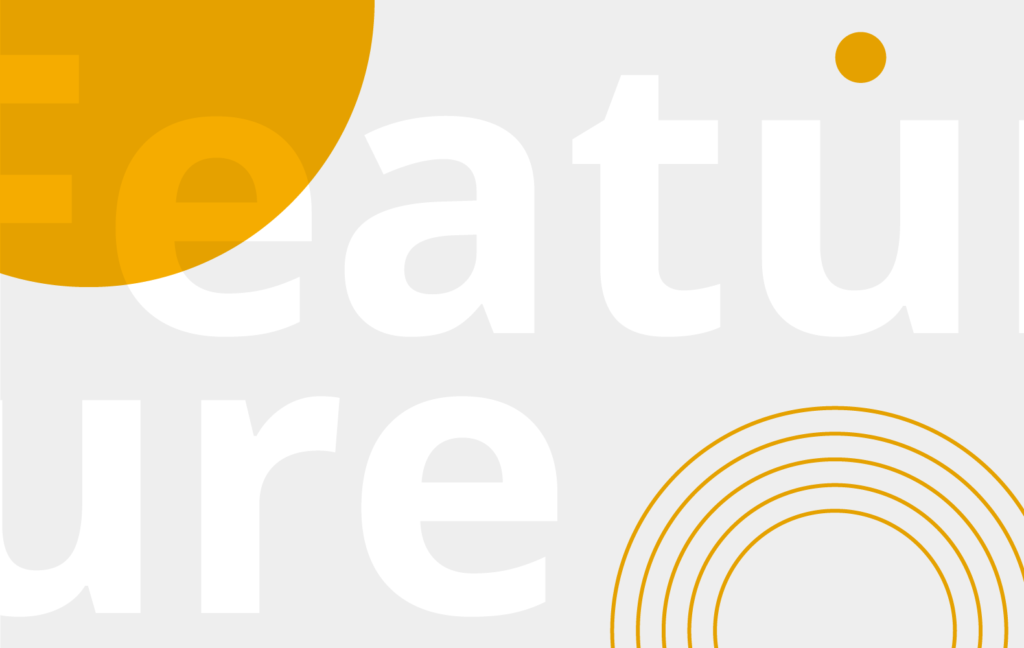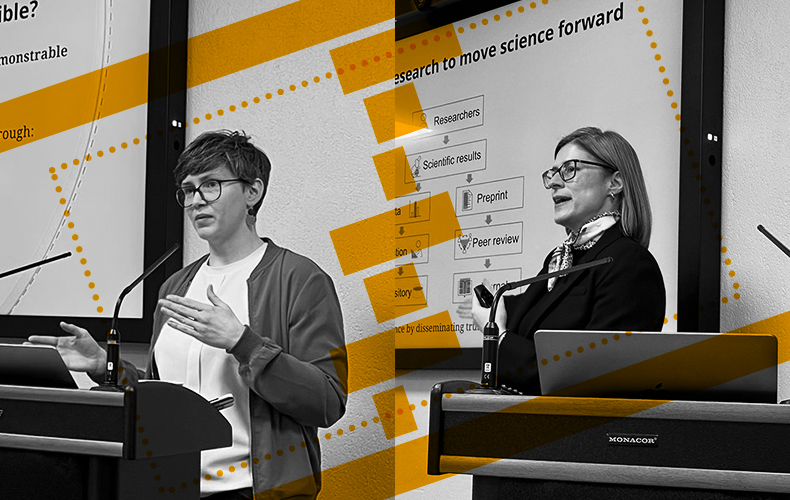05 April 2017 – All too often, policy discussions take place in non-scientific settings. By providing funding for meeting organisers to include a science policy lecture, EMBO encourages scientists to explore the position of research in society. The aim is to expose all researchers attending a conference to science policy topics and to discuss policy in a scientific setting more routinely.
The topics for EMBO Policy Lectures can range from the ethical, legal, social, safety and economic issues arising from scientific research and the use of biotechnologies, to discussions about developments in scientific publishing, responsible conduct of research, issues in research funding, scientific advice to policymakers and concerns at the interface between science and politics.
Pascale Cossart has included EMBO-funded science policy lectures at several events in the past. As one of the organisers of the EMBO | FEBS Course “The New Microbiology” in August 2016, she invited Rino Rappuoli, Chief Scientist at GSK Vaccines & Diagnostics in Siena, Italy, to present a critical insight into vaccine development in the last 35 years. Using the meningitis B vaccine as example, he described how new technologies, together with effective European policies, can reduce disease occurrence and transmission.
Rino Rappuoli gave an outstanding presentation which covered any possible issue dealing with vaccinations. He evoked a lot of discussions among both students and lecturers.
Pascale Cossart, Head of the Bacteria–Cell Interactions Unit at the Institut Pasteur in Paris, France
“The topic of vaccination was particularly relevant, because vaccinations are sometimes seen negatively by people although they are so beneficial,” explains Cossart. “Rino Rappuoli gave an outstanding presentation which covered any possible issue dealing with vaccinations. He evoked a lot of discussions among both students and lecturers.”
Applications for lecture grants from organizers of a scientific event are accepted throughout the year. The funding is intended to cover the speaker’s travel and accommodation expenses. The lecturer may be a scientist, policy expert, sociologist, journalist or any other expert on the topic, and the lecture must be an integral part of the main scientific programme.



